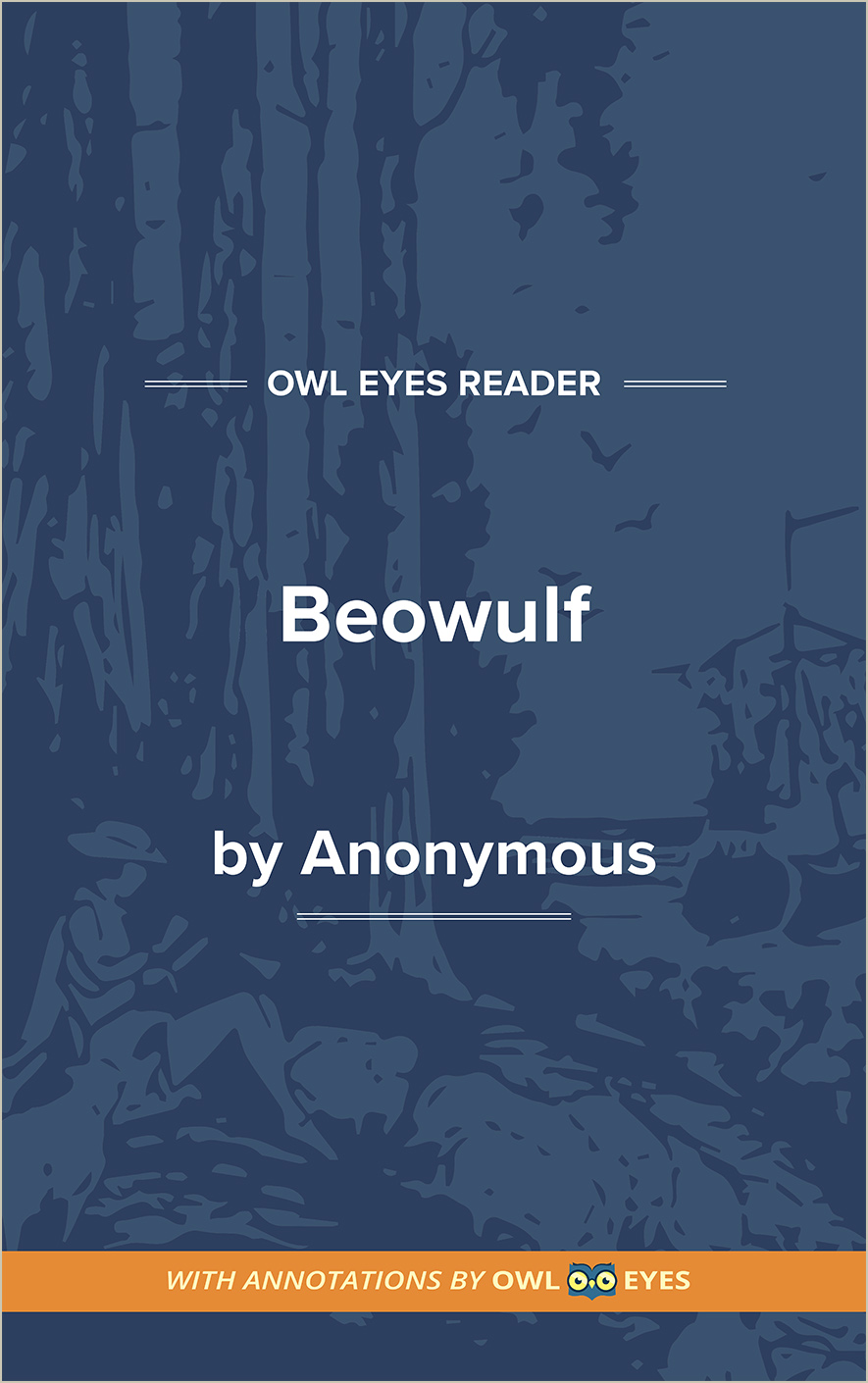Analysis Pages
Allusion in Beowulf
While the characters in the tale were pagan during the oral storytelling of Beowulf, the scribes and translators included many allusions to tales from the Christian biblical tradition. Notable are the comparison's of Grendel and his mother to Cain, the first murderer, from whom many evil creatures are said to have risen.
Allusion Examples in Beowulf:
II
🔒"The kindred of Cain..." See in text (II)
"winsome wold..." See in text (II)
VIII
🔒"Weird hath offcast them to the clutches of Grendel...." See in text (VIII)
XIX
🔒"Since Hama off bore the Brosingmen's necklace,..." See in text (XIX)
XX
🔒"mindful of vengeance For the death of her son..." See in text (XX)

